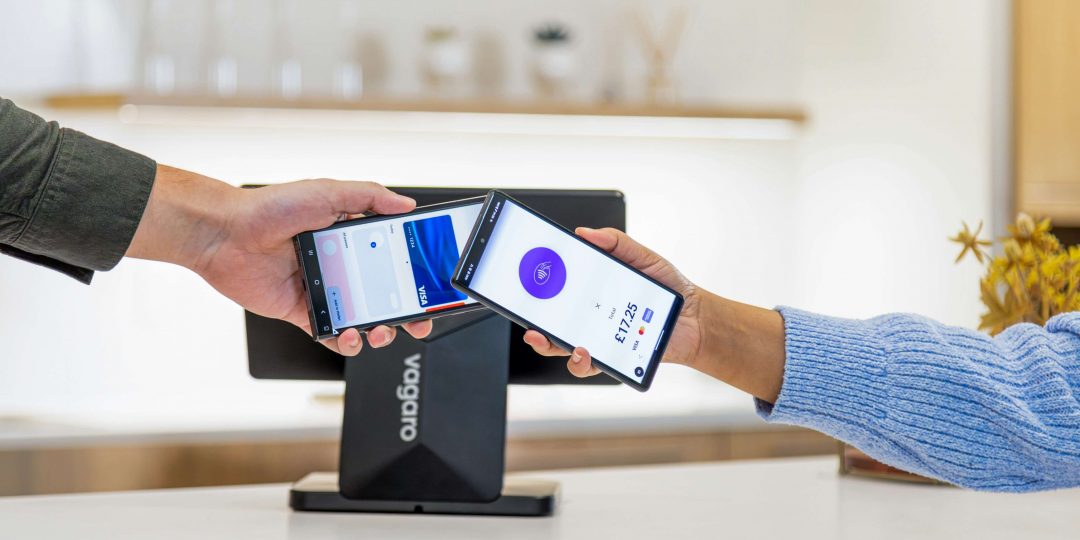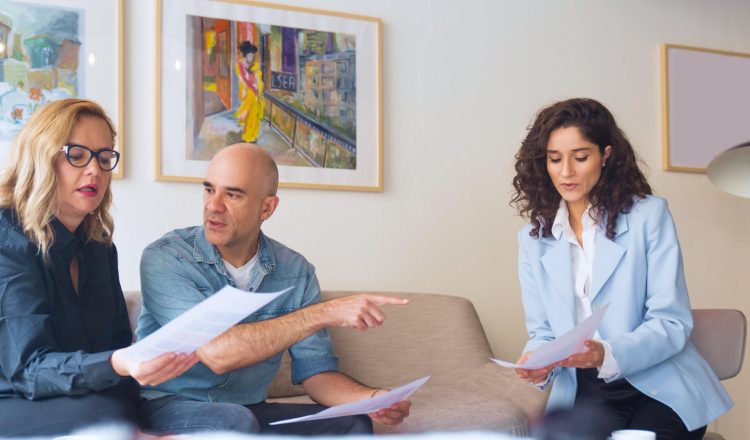How much deposit do I need to buy a home in the UK?

If you’re thinking about buying your first home in the UK, one of the first (and biggest) questions is: how much deposit do I need? The short answer: at least 5 %. But the full picture depends on your situation — and how soon you want to get your keys.
In this article, we’ll break it down — simply, clearly, and in plain English. No jargon, no pressure.
1. Minimum deposit: 5 % of the property price
Most UK lenders require a minimum of 5 % deposit. That means if you’re buying a home worth £250,000, you’ll need at least £12,500 saved.
Tip. The higher your deposit, the better your mortgage deal usually is.
2. What’s the difference between 5 %, 10 %, and 15 %?
Here’s how it works:
- 5 % deposit — possible, but fewer lenders and slightly higher interest rates.
- 10 % deposit — more lender options, better rates.
- 15…20 % deposit — often unlocks the best deals.
- 25 %+ deposit — very competitive rates, especially for buy-to-let.
A bigger deposit reduces your monthly payments and may help if your credit isn’t perfect.
3. Where can the deposit come from?
Most lenders accept:
- Personal savings.
- Gifts from family (with a signed letter).
- Sale of another property.
- In some cases, help from government schemes.
Be ready to show proof of source — especially if funds come from abroad.
4. First-time buyer help: are there any schemes?
Yes, if you’re a first-time buyer, you might qualify for help. Some popular options:
- First homes scheme — new-builds at 30…50 % discount (available in some areas).
- Shared ownership — buy a portion of the property and pay rent on the rest.
- Lifetime ISA — government adds 25 % to your savings (up to £1,000 / year) funds are to be used towards the purchase of your home
These schemes can lower the deposit you need — but come with special rules. We’ll help you check if you’re eligible.

5. How to save smarter (and faster)
Some quick tips from our clients:
- Set up a dedicated savings account — so you’re not tempted to spend it.
- Use budgeting apps to track spending.
- If you’re employed, set up auto-transfers on payday.
- Use a Lifetime ISA if you’re under 40.
Remember: even small amounts add up — consistency is key.
6. What makes Smart City Mortgages different?
We don’t just tell you how much you need — we help you build a plan to get there. Our advisors speak your language and explain every step clearly.
- Deposit too low? We’ll show you alternative options.
- Saving from abroad? We’ll guide you on documents and transfers.
- Not sure what’s realistic? We’ll give you a clear, honest assessment.





